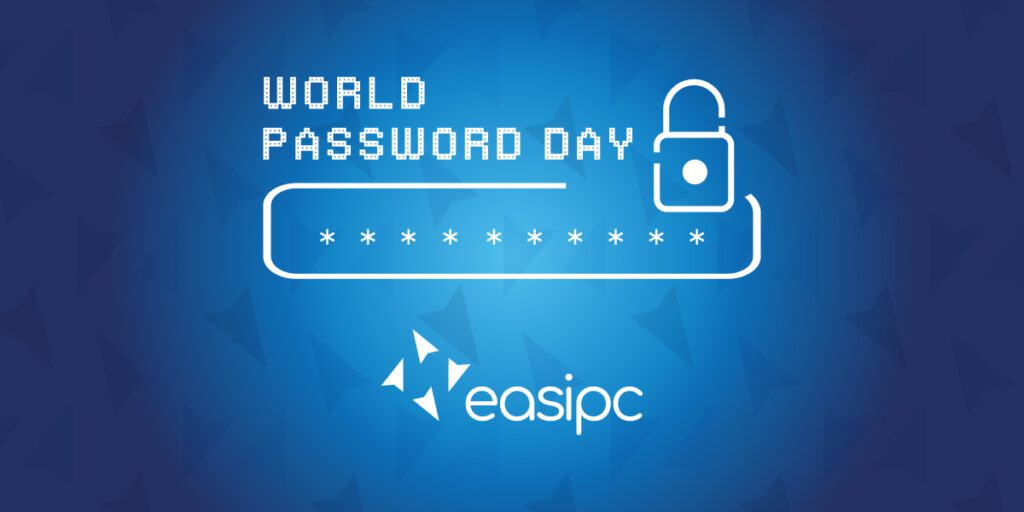It’s World Password Day 2024, and we’re all about keeping your accounts safe and secure. For education institutions, it’s essential to inform both children and staff of the importance of strong passwords and proper password protection practice. Schools and MATs are just as at risk of cyber-attacks as any other institution. 1 in 5 British schools experienced a cyber-attack in 2022.
Here are three quick tips to help improve password quality and protection that any education professional or student can use to protect their essential data.
Making strong passwords
Making strong passwords is the easiest way to help prevent malicious actors from gaining access to your accounts. It makes passwords much harder to ‘brute force’, which means just trying a lot of common passwords, or using information gathered about an individual to guess the password. The NI Cybersecurity Centre recommends using strings of three random words, with special characters and numbers used in place of letters as a good starting point for creating more secure passwords.
Use a password manager
Password managers allow for users to create more complex passwords. These are apps available for both computers and mobile devices that allow passwords to be automatically filled in by the computer when one master password is entered and will generate complex passwords whenever a new account for an online service is created.
It can be difficult to remember multiple complex passwords, so password managers make the process of maintaining good password security much easier. Also, because every generated password is different, if a password is exposed in a data leak, it won’t affect any other account’s security.
Use two factor authentication (2FA)
Two factor authentication is a newer method of protecting accounts from malicious actors and adds an extra layer of protection. It works by sending a code to a second device when an unrecognised device tries to log in to an account. The code, usually sent to a, which then has to be entered on the device that is trying to be logged in from. This means that a would-be cybercriminal would need access to the second device as well, even if they have access to your password.
easipc offers a multitude of security protections against malicious actors online and a myriad of other cybersecurity concerns. Our network, server, broadband and other services all include robust protections.
Find out more by getting in touch here.


